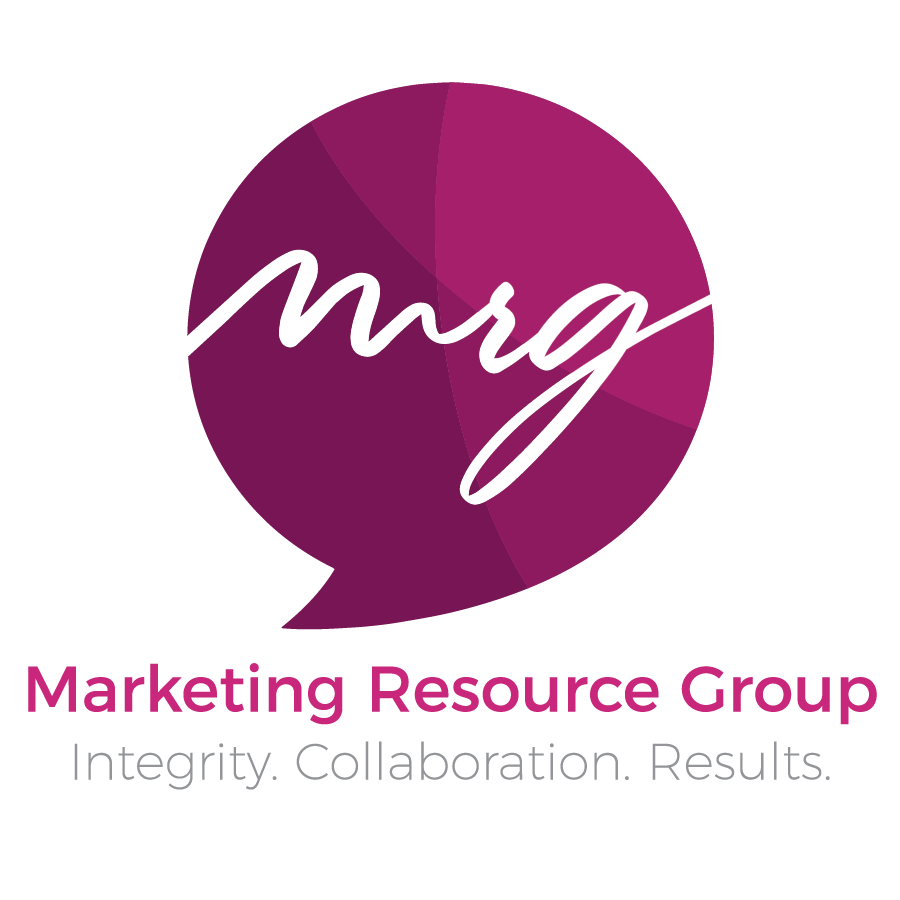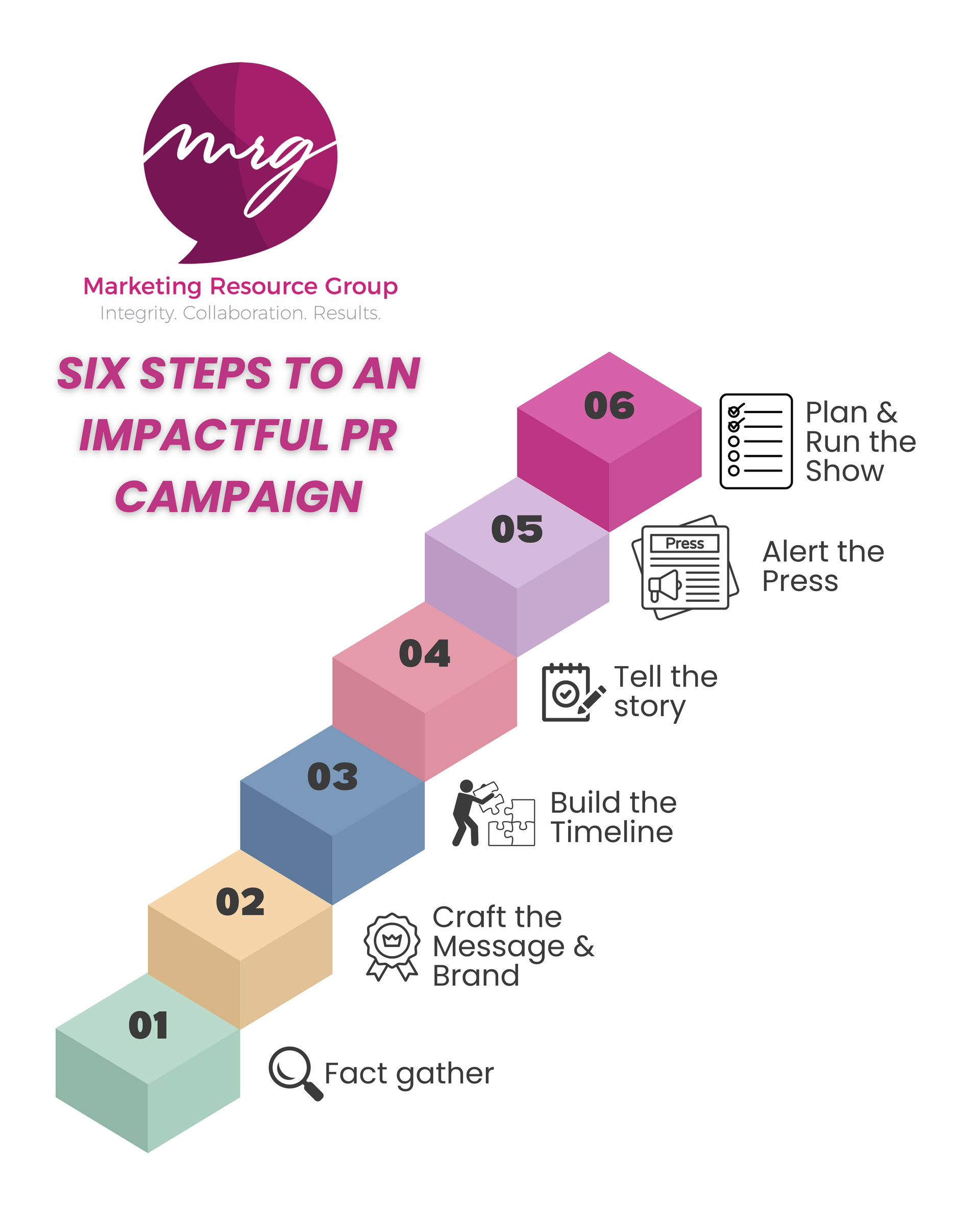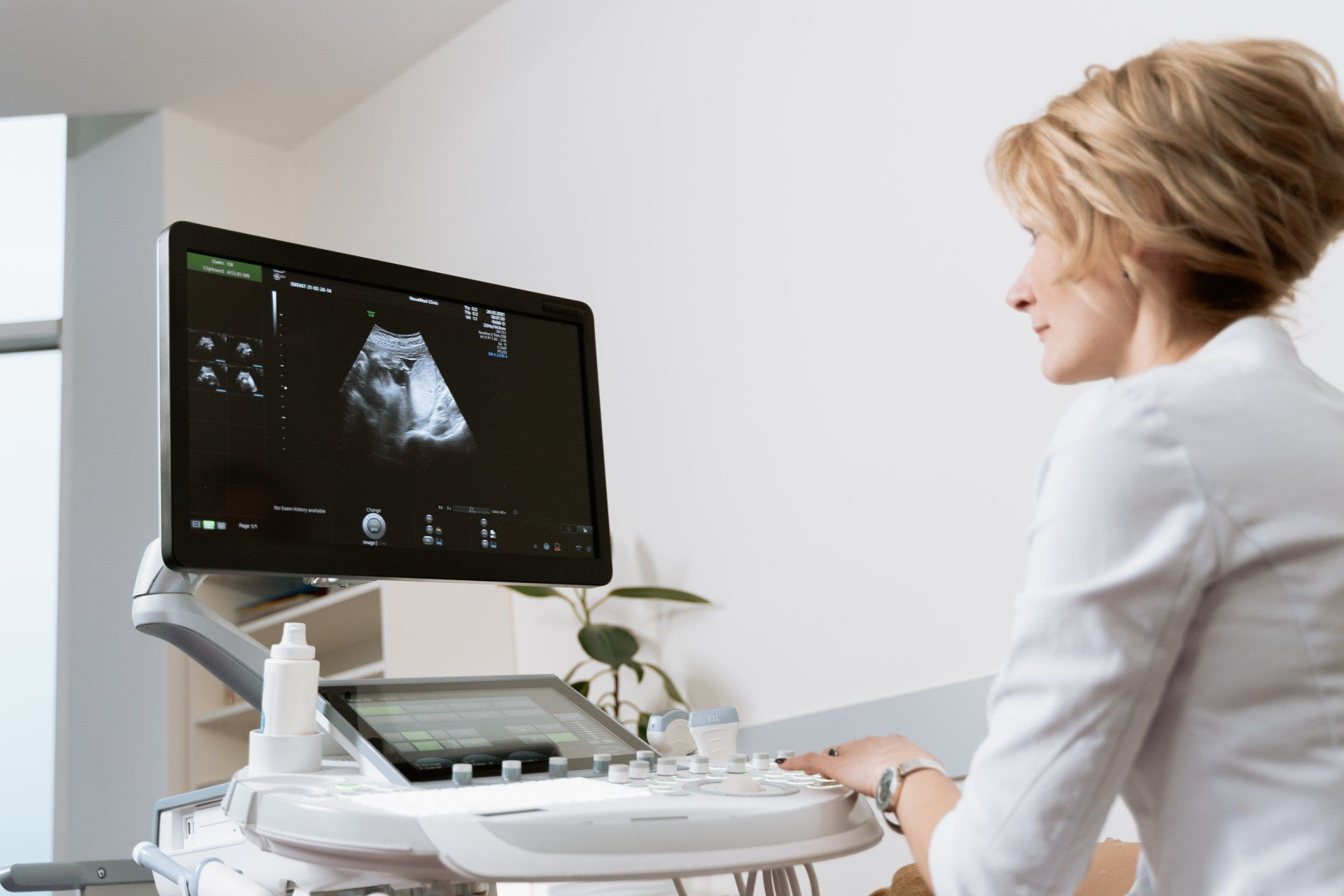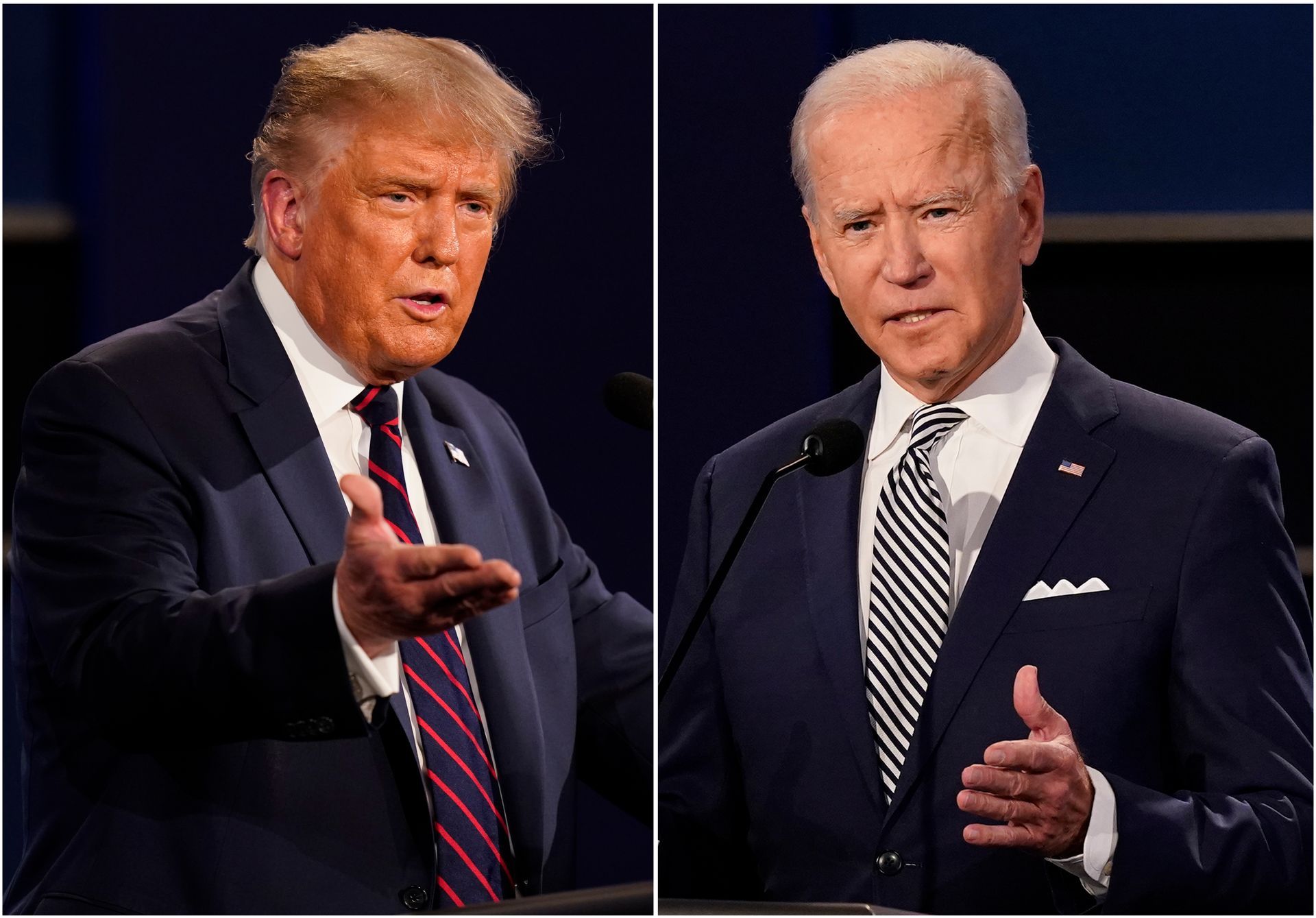Fact Gather
Our first phase of this project involved information gathering and brainstorming together with our client: What are the key facts? Project details? Who is involved? Partners? Stakeholders?
Craft the Message & Brand
Once we understand the facts, we drill down to determine messaging and branding. At this phase, we consider: Why is this project important to your stakeholders? What will its impact be? What will people want to know about? What are the visuals related to this project? What are the current trends in the industry/what makes this different? Branding guidelines?
Build the Timeline
In order to move forward with the strategy from here, we work together with our client to set a press schedule to include interviews and story previews, as well as media advisory and press conference dates and times, etc.
Tell the Story
Now that we have clearly defined messaging and an announcement date set, we build out the story from start to finish: At this step, we lean into what we have been able to learn from our clients about their work, with the goal of providing materials to the press that tap into the excitement the clients have for the announcement while providing a cohesive starting point for an engaging news story.
Our MRG technique: The most important skill needed at this step is the ability to listen and empathize with clients and their stakeholders.
Alert the Press
Deliverables to the media included: Media Advisory, Press Release, Press Kit, Speaker Biography sheet, Slide Deck, Livestream, and Imagery Link
Plan & Run the Show
Now that we have our press cycle set, we work to build out an organized, state-of-the-art event with the use of the latest audio-visual technology and a personal, memorable touch. When it comes to events, flexibility is our greatest strength as a firm, being able to adjust plans last minute is critical when you’re about to get in front of the media. Our approach is to be quick on our feet, flexible, relational, and detailed.
Our MRG technique: With the goal of lifting up our Central Business District, we incorporated favors from local favorites including The Peanut Shop, and catering from Strange Matter Coffee and New Daily Bagel - all Lansing staples located on South Washington Square.











